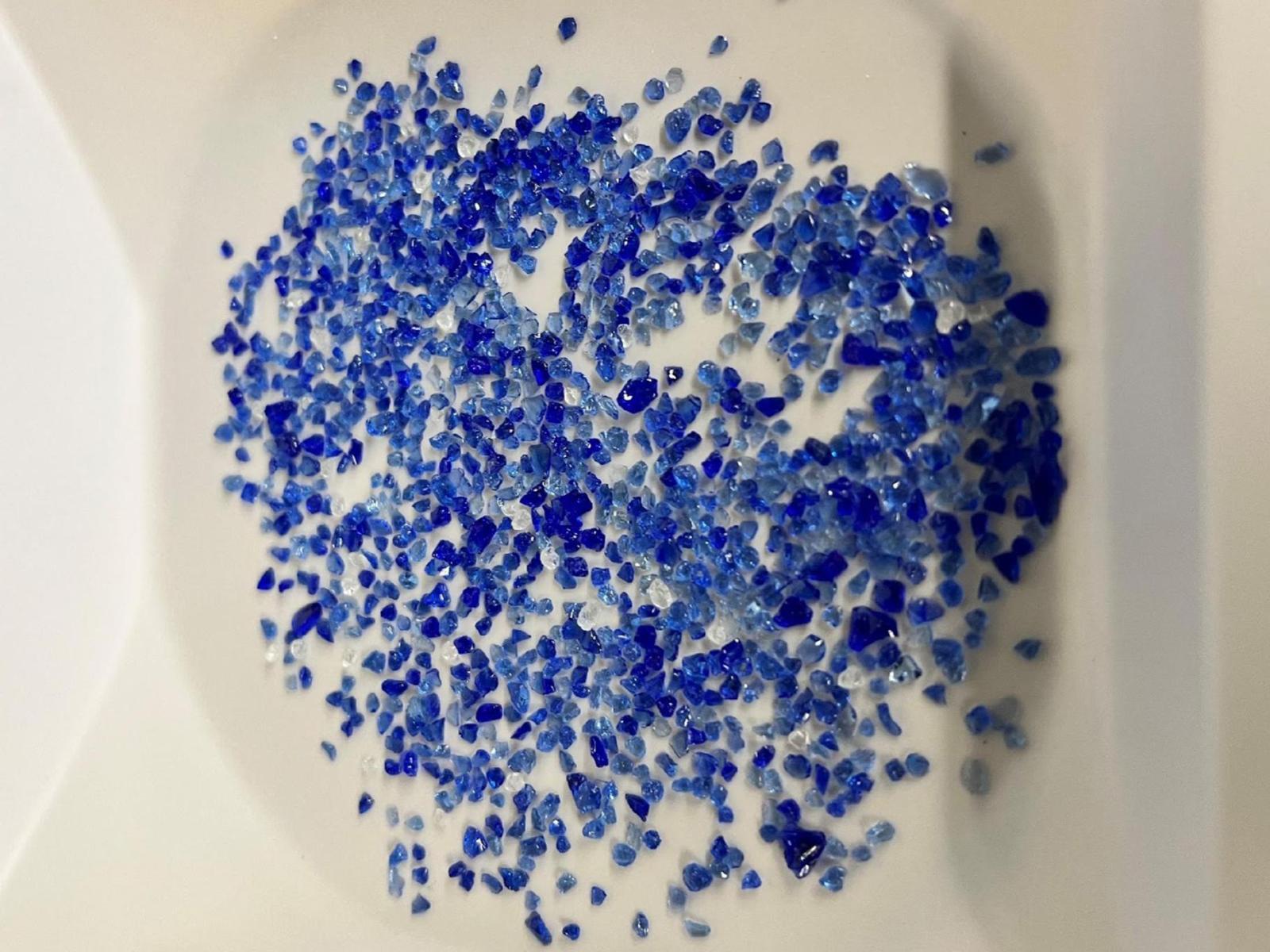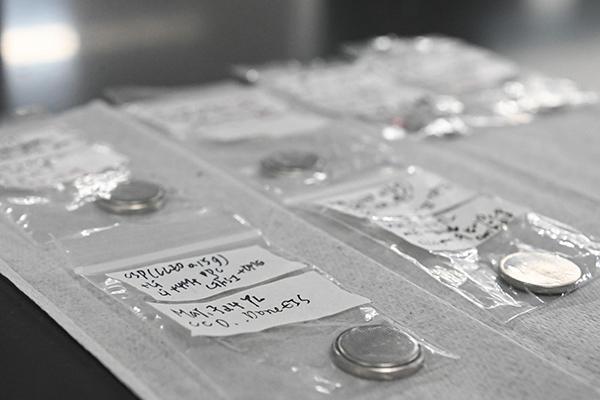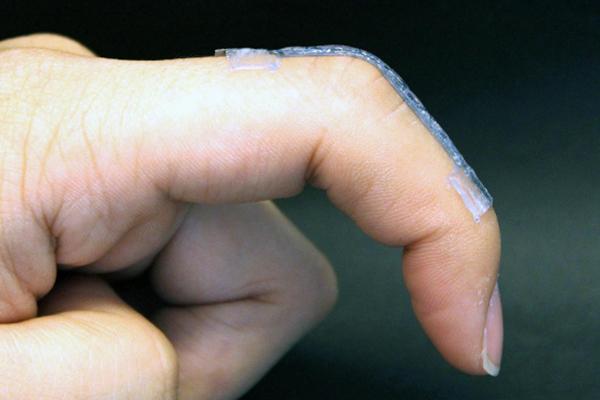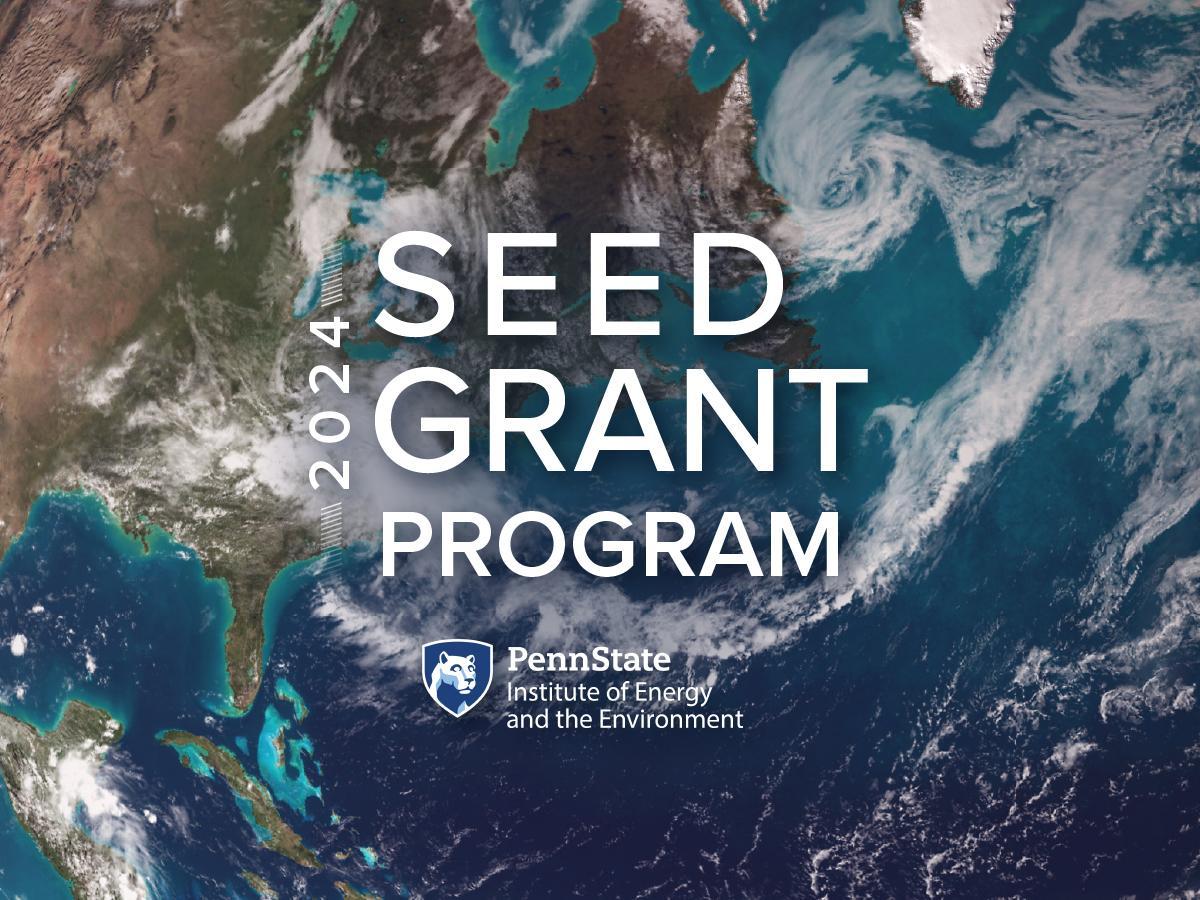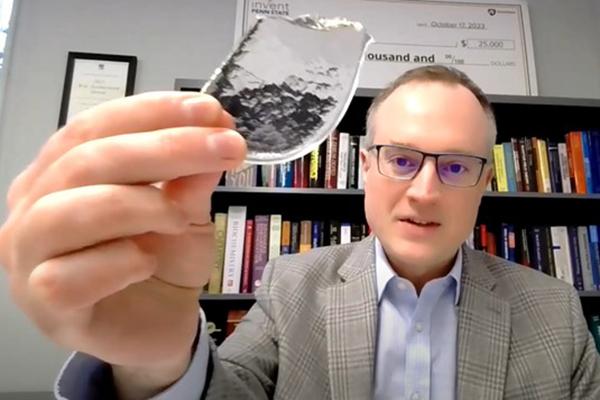The glass bottles we toss in the recycling bin don’t always end up where we expect. Only about 33% of glass is recycled in the United States, according to the Environmental Protection Agency, partly due to expenses like sorting bottles by color. Penn State scientists recently found that mass-produced soda-lime silicate glass from post-consumer bottles of different colors can be safely melted together in the recycling process, which could potentially lead to more bottles being recycled.
The Graduate School at Penn State welcomes 22 new National Science Foundation (NSF) Graduate Research Fellowship Program (GRFP) recipients for the 2024-25 academic year.
Rechargeable solid-state lithium batteries are an emerging technology that could someday power cell phones and laptops for days with a single charge. Offering significantly enhanced energy density, they are a safer alternative to the flammable lithium-ion batteries currently used in consumer electronics — but they are not environmentally friendly. Current recycling methods focus on the limited recovery of metals contained within the cathodes, while everything else goes to waste.
To advance soft robotics, skin-integrated electronics and biomedical devices, researchers at Penn State have developed a 3D-printed material that is soft and stretchable — traits needed for matching the properties of tissues and organs — and that self-assembles. Their approach employs a process that eliminates many drawbacks of previous fabrication methods, such as less conductivity or device failure, the team said.
Eleven interdisciplinary research teams have been awarded funding through Penn State's Institute of Energy and the Environment’s (IEE) Seed Grant Program for 2024. The goal of the program is to foster basic and applied research that addresses IEE’s five research themes. Additionally, in recognition and support of the launch of the Penn State Climate Consortium, the 2024 call required all proposals to have a climate-related connection.
Danielle Reifsnyder Hickey, assistant professor of chemistry and of materials science and engineering at Penn State, has been awarded an American Chemical Society (ACS) Petroleum Research Fund (PRF) Doctoral New Investigator Grant for $110,000 to support her research on catalysis — the acceleration of chemical reactions — at the atomic scale.
Wenjie Li, Department of Materials Science and Engineering, College of Earth and Mineral Sciences, has been promoted to associate research professor (non-tenure-line faculty) at Penn State, effective July 1, 2024.
Douglas E. Wolfe, Department of Materials Science and Engineering, College of Earth and Mineral Sciences, promoted to professor at Penn State, effective July 1, 2024.
Congratulations to the Penn State Earth and Mineral Sciences Library winner, fall 2023: Vyom Mehta, material science and engineering, “Platinum: Insights into the Hydrogen-based Solution for the Fossil Fuel Problem.” Penn State University Libraries presented its seventh annual Undergraduate Research Award: Excellence in Information Literacy honors at the end of the spring 2024 semester to 111 students at 20 undergraduate Penn State campuses.
Four projects were recently awarded Penn State Commercialization GAP funding. The GAP Fund, formerly known as the Fund for Innovation, aims to accelerate the development of promising research across the University by closing the funding gaps between proof-of-concept research and readiness for commercialization.


